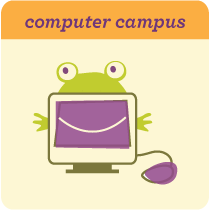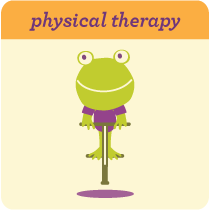 Sensory processingGross motor / Motor PlanningFine motor / HandwritingVisual spatial / Perceptual motorOral sensory / Oral motorSound therapiesInteractive metronomeCranioSacral TherapyConsultationsPrimitive Reflex Integration
Sensory processingGross motor / Motor PlanningFine motor / HandwritingVisual spatial / Perceptual motorOral sensory / Oral motorSound therapiesInteractive metronomeCranioSacral TherapyConsultationsPrimitive Reflex Integration
To engage in the usual activities of daily life and childhood, your child needs to understand how his body exists in space as well as the visual spatial aspects of table top and classroom work. But what if your child is not interested in, or is having difficulties participating in, a variety of activities that require these understandings? In younger children, they may have difficulty performing simple shape sorting or moving around the classroom without bumping into children or objects. Older children may have difficulty sustaining visual attention to tasks at tabletop, or poor ability to acquire handwriting, reading, and working on tasks that require visual inspection with interpretation. This is not necessarily about sight, but is about the interpretation of what is seen. Your child may have been recommended for an occupational therapy evaluation and treatment by a teacher who notices things such as your child’s difficulty spacing during handwritten tasks, difficulty with margins, with map skills, with graphing, with copying what is seen, or with drawing with age appropriate details. The teacher may feel that your child does not appear to be as skillful as same age peers in assembling, constructing, writing, copying, or drawing, or may be avoiding these activities altogether.
.jpg) Pediatric Potentials occupational therapists have a full understanding of how developmentally appropriate visual spatial and perceptual motor skills abilities impact on classroom and play skills. In order to determine what is interfering with your child’s acquisition of perceptual skills, and what treatment might benefit your child, Pediatric Potentials therapists will evaluate your child. Depending on your child’s age and development, we may consider whether your child:
Pediatric Potentials occupational therapists have a full understanding of how developmentally appropriate visual spatial and perceptual motor skills abilities impact on classroom and play skills. In order to determine what is interfering with your child’s acquisition of perceptual skills, and what treatment might benefit your child, Pediatric Potentials therapists will evaluate your child. Depending on your child’s age and development, we may consider whether your child:
We needs to address these “red flag issues” if they are getting in the way of your child’s enjoyment or progress in typical settings.

SN Pediatric Potentials, Inc.  154 S. Livingston Ave, Suite 204
154 S. Livingston Ave, Suite 204  Livingston, NJ 07039
Livingston, NJ 07039
 973.535.5010
973.535.5010
 director@pediatricpotentialsnj.com
director@pediatricpotentialsnj.com
Site designed by Jillian Kornsweig



